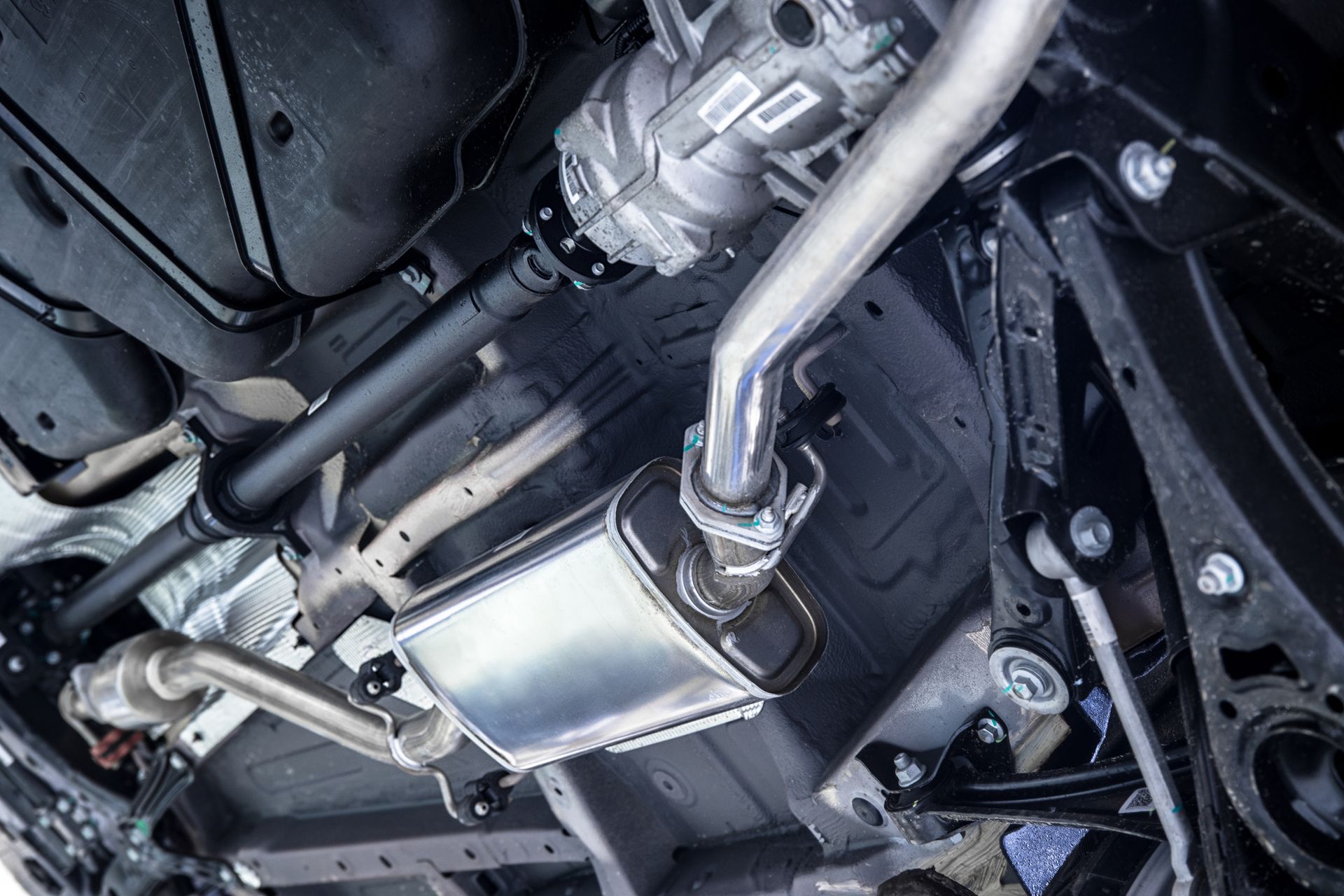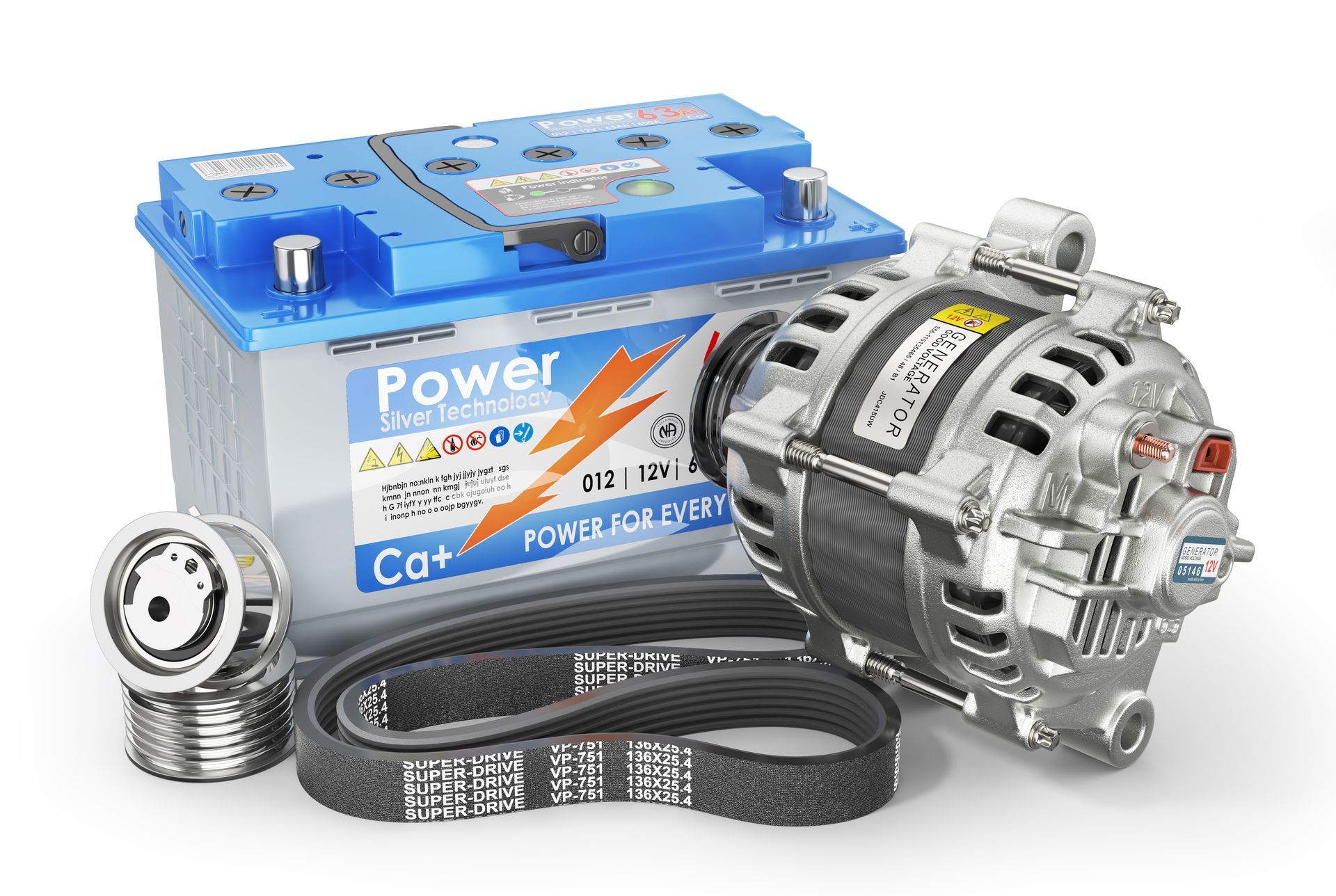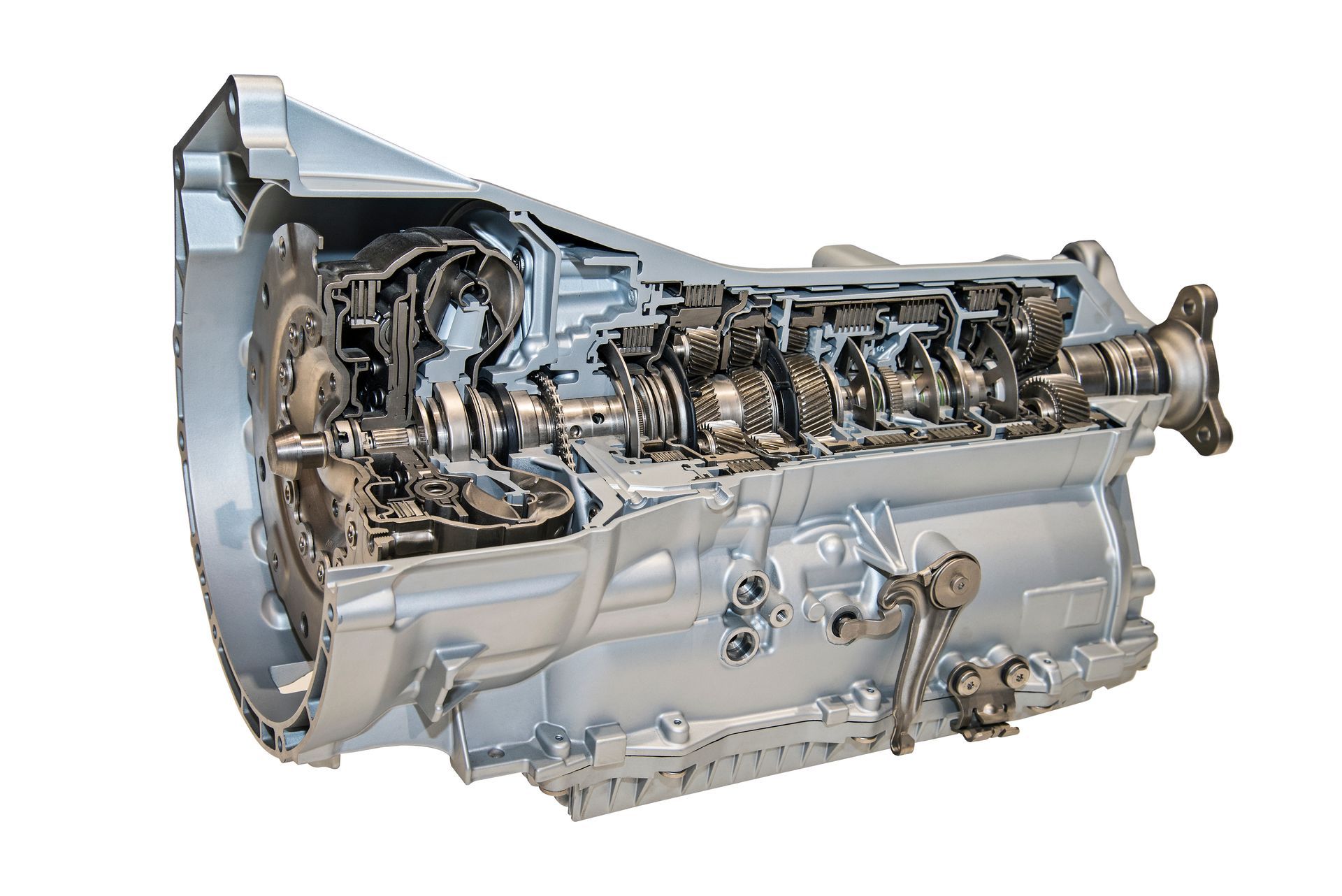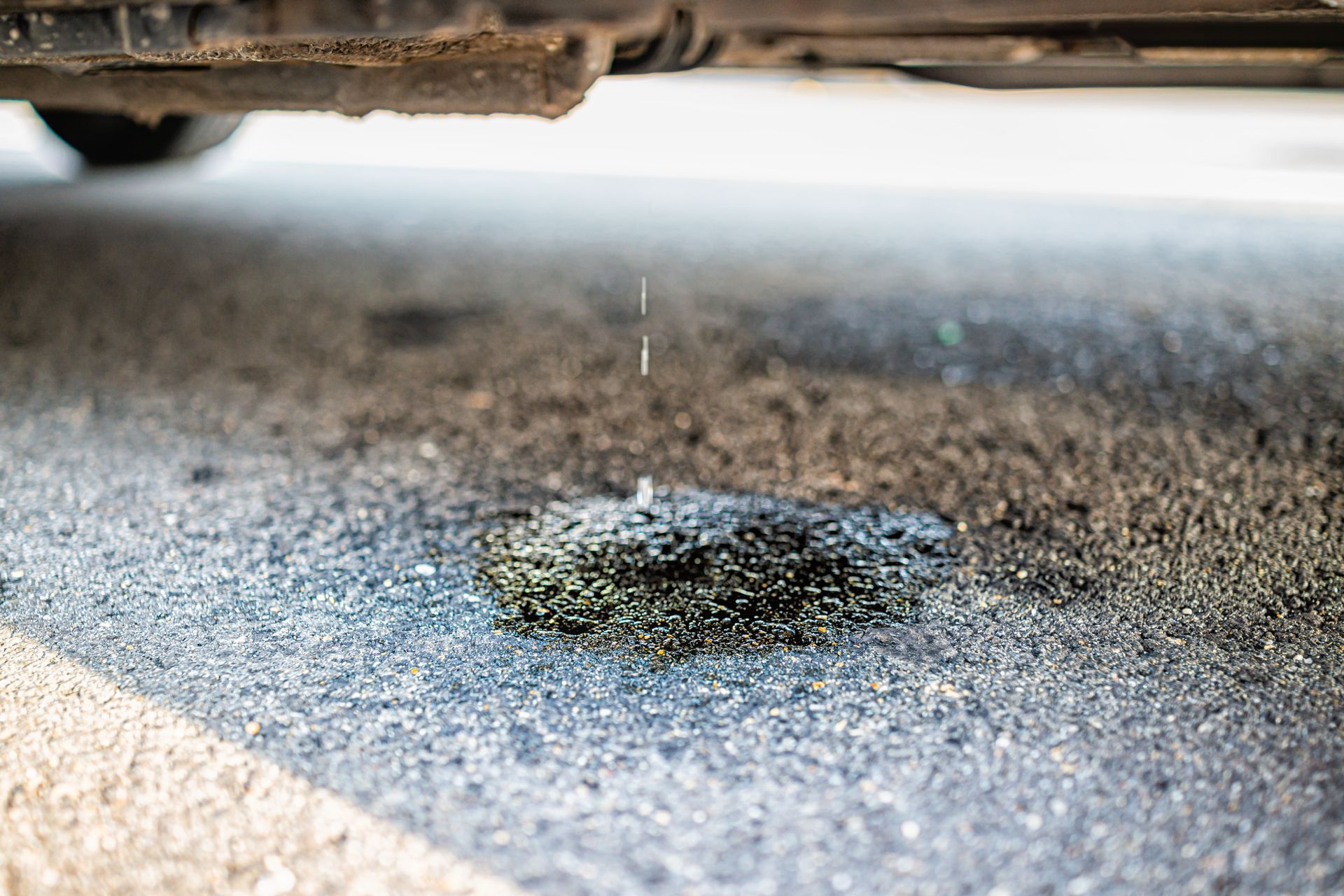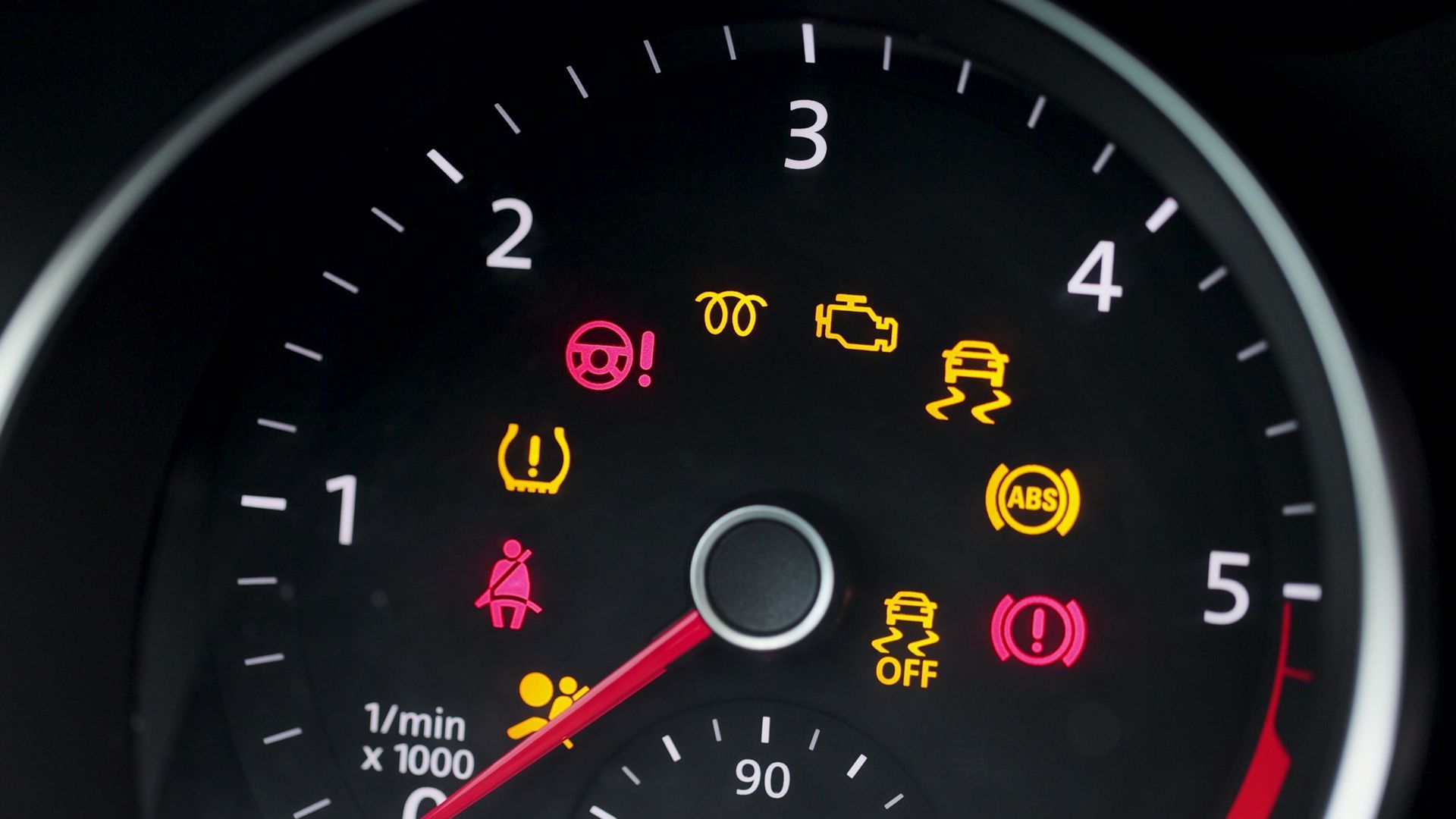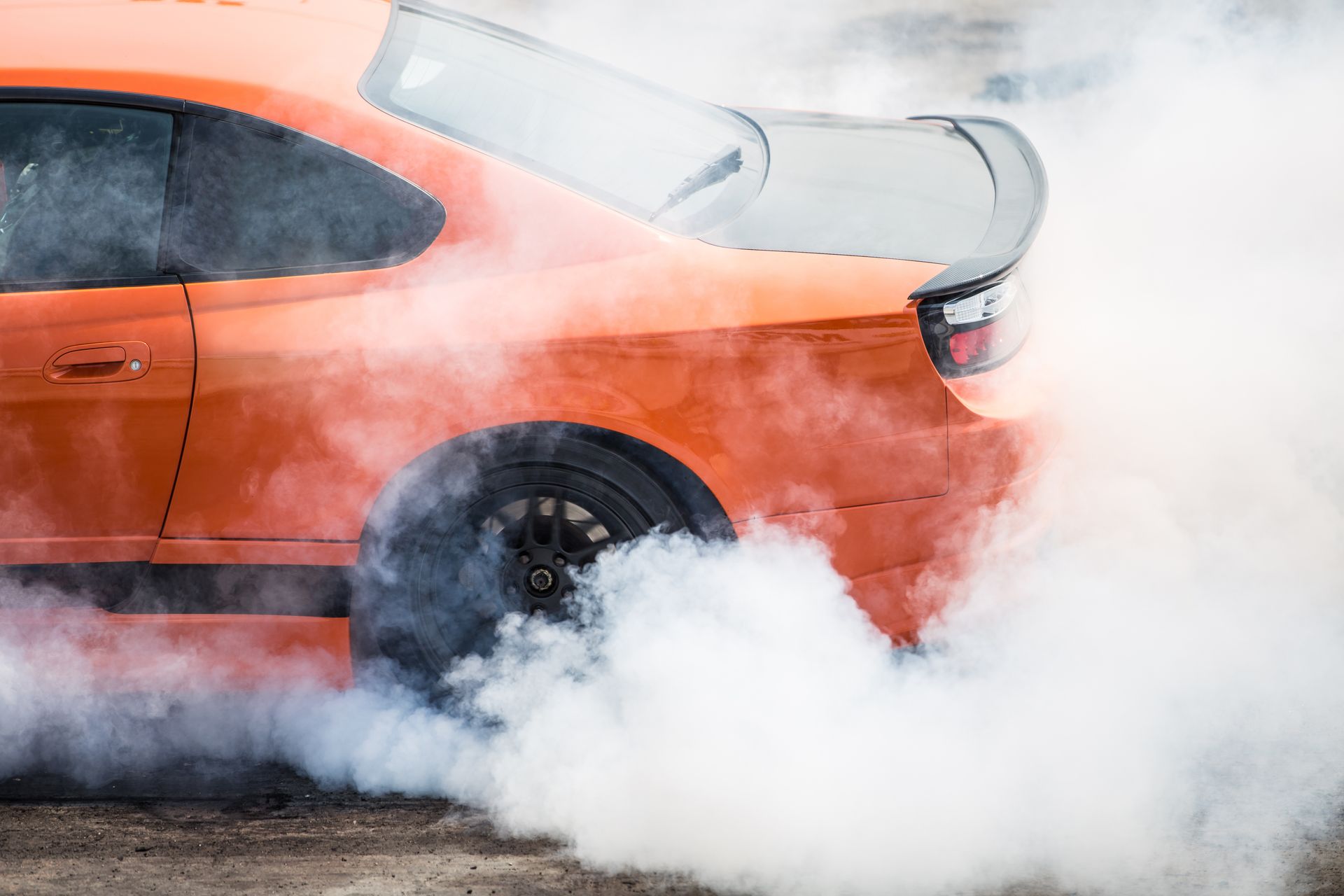Mercedes-Benz vehicles are known for their luxurious ride quality and advanced technology. One of the features that helps deliver that signature smoothness is the air suspension system. While this system offers excellent comfort and adaptability, it can sometimes leave owners puzzled, especially when they find their car sitting unusually low after being parked overnight. If your Mercedes-Benz air suspension is dropping when parked, it’s a sign that something isn’t working as it should.
How Air Suspension Works
Unlike traditional coil spring suspensions, an air suspension uses air-filled rubber bellows (air springs) to support the weight of the vehicle. An onboard air compressor and air lines adjust the pressure in each spring to maintain optimal ride height and comfort.
The system can raise or lower the vehicle depending on driving conditions, load, and selected settings. It can also self-level to keep the car stable when carrying heavy cargo or passengers.
What Causes Air Suspension to Drop Overnight
When your Mercedes-Benz sinks or leans after being parked, it usually means there’s a leak somewhere in the system. Over time, air springs can develop tiny cracks or holes due to age, wear, and exposure to road debris or harsh weather.
Valve block issues can also allow air to escape when the car is off. If the valve that isolates the air struts fails, it can cause air to leak out of the system slowly while parked.
Faulty air compressors, worn seals, or damaged air lines are other potential culprits. Each of these problems results in the same outcome — reduced air pressure that causes the vehicle to drop lower than normal.
Signs of a Failing Air Suspension
- A sagging car isn’t the only warning sign. You might also notice:
- A noticeably uneven ride height while driving.
- Warning messages or suspension fault alerts on the dashboard.
- Bouncing or rough ride quality.
- Longer-than-usual time to raise the vehicle when starting.
Ignoring these signs can lead to further damage, including overworking the compressor, which may eventually fail completely.
Why You Shouldn’t Ignore the Problem
Driving with a compromised air suspension can affect more than just comfort. It can also impact handling and stability, making your car less safe. The system is designed to maintain proper alignment and support, and when it fails, it can lead to premature tire wear and stress on other suspension components.
If the air compressor has to work constantly to keep the suspension inflated, it will wear out much faster, leading to costly repairs.
Preventive Maintenance and Inspection
Regular inspections can help prevent unexpected air suspension failures. Checking for early signs of leaks, inspecting rubber bellows for cracks, and monitoring the compressor’s performance can help catch problems before they worsen.
Routine maintenance of the air suspension system also ensures that other related components, such as height sensors and control modules, continue to function properly.
Repair vs. Replacement
Depending on the severity of the issue, some air suspension problems can be repaired, such as replacing individual air springs or fixing leaky valves. However, if the system is older or has extensive wear, replacing multiple components or even the entire system may be more cost-effective in the long run.
At Gold Wing Motors, we can help evaluate your options and recommend the most reliable and budget-friendly solution.
Trust Gold Wing Motors in Miami, FL, with Your Mercedes-Benz Air Suspension
At Gold Wing Motors in Miami, FL, we specialize in diagnosing and repairing Mercedes-Benz air suspension systems. Our experienced technicians understand the sophisticated design of these vehicles and utilize advanced tools to identify and resolve the root cause of suspension issues.
Whether your car is sagging overnight or showing other suspension-related warning signs, we’ll restore it to its original comfort and handling standards.
Schedule your inspection today and keep your Mercedes-Benz running as smoothly and luxuriously as it was meant to be.

